Investor Relations

We voelen de impact van de klimaatverandering elke dag meer en meer. De beschikbaarheid van water speelt een cruciale rol in de toekomst van onze aarde. Waterreserves zijn aan het uitputten, terwijl overvloedige neerslag veel schade aanbrengt.
Bedrijven leggen zichzelf nu concrete doelstellingen op voor energie, CO2 én watergebruik. Ekopak wil die bedrijven helpen om het tij te keren. Door volop in te zetten op innovatieve technologie voor waterrecyclage.
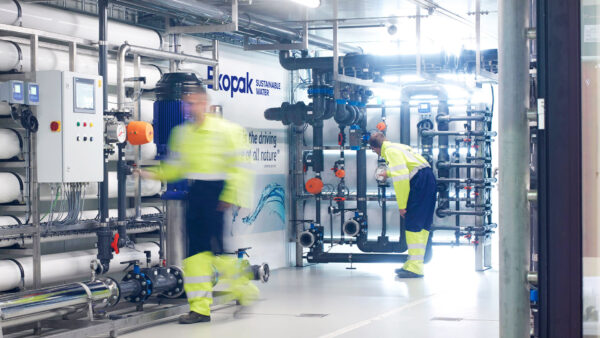
Fabrieken gebruiken vandaag miljarden liters drinkwater per uur. Dat wordt achteraf behandeld in een biologische waterzuivering, waarna het afvalwater geloosd wordt in beken en rivieren. Het stroomt naar de zee en je bent het kwijt. Ontziltingsinstallaties verbruiken tonnen energie om het water opnieuw landinwaarts te pompen. Dat is niet futureproof.
Onze oplossingen
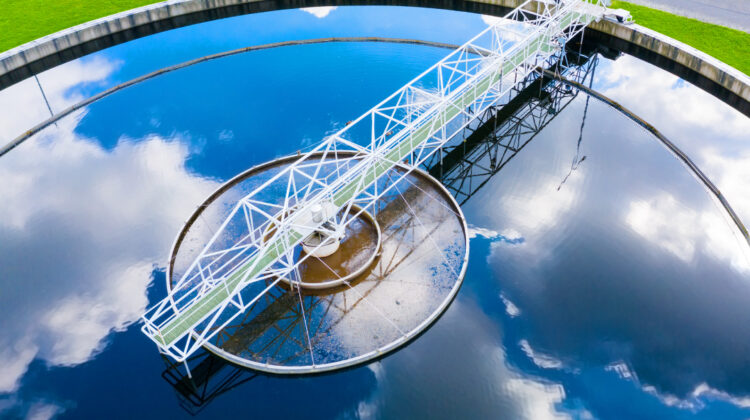
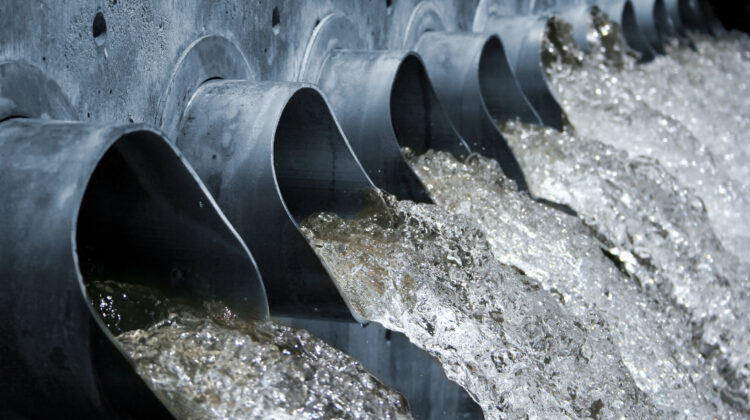
Systemen voor industriële afvalwaterbehandeling en hergebruik van afvalwater.

Een aangepaste en innovatieve oplossing voor waterbeheer.
U betaalt alleen voor de werkelijk verbruikte liters water.
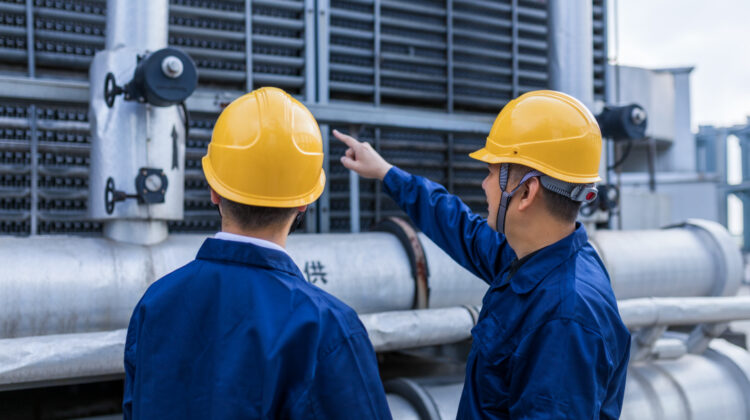
Diensten om uw waterbehandeling in topvorm te houden. Consultancy, on-site ondersteuning, technologische ondersteuning, desinfectie, onderhoud, enz.
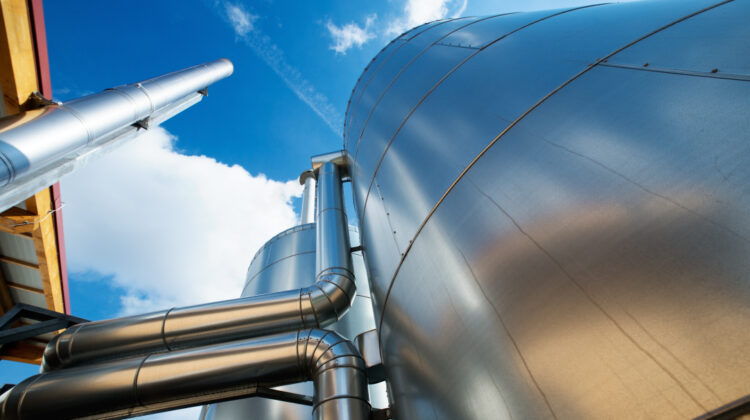
Hernieuwbare energieproductie – efficiënt gebruik van de energie die uit de waterprocessen voortkomt.
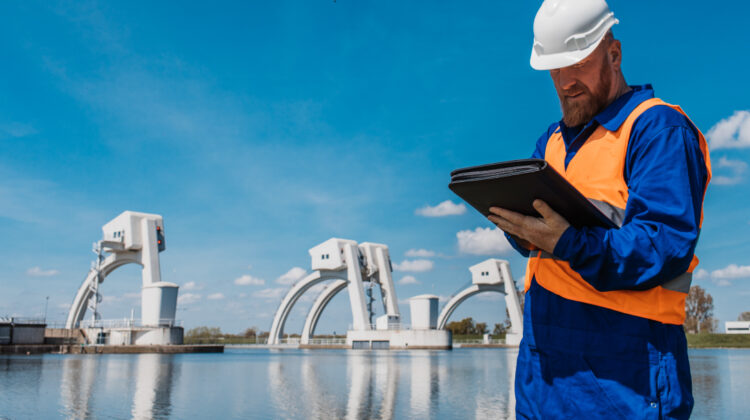
De opwaardering van huishoudelijk afvalwater tot gebruiksklaar proceswater voor uw bedrijf of uw industriezone.
Miljoenen liter water besparen,
we doen het nú al!
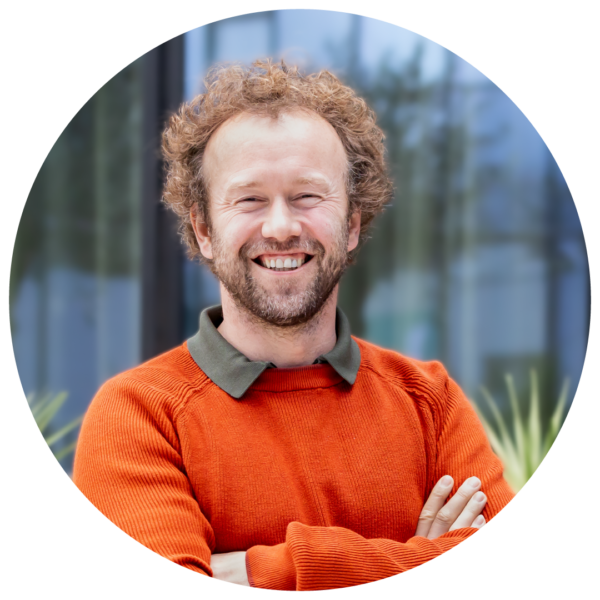
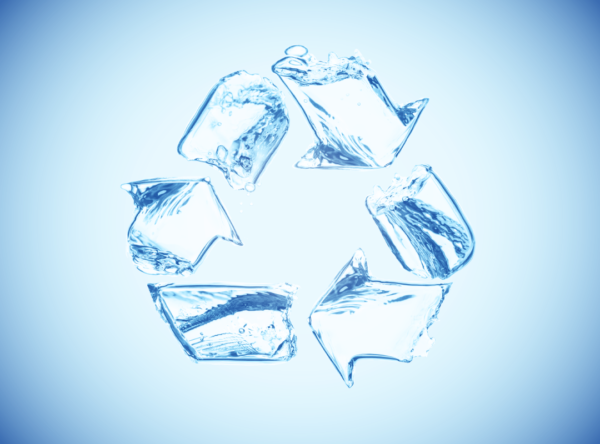
Bedrijven – vooral in waterintensieve sectoren zoals voeding, textiel, farma, chemie – worden gedwongen een duurzame oplossing te vinden. Ze lopen het risico voor een blue-out te staan: het risico op kritieke momenten zonder water te zitten. Ekopak biedt concrete oplossingen aan om waterverbruik te reduceren, afvalwater te zuiveren en te recycleren tot ultrapuur water. We noemen dat duurzame proces ’Reduce. Reuse. Revalue.’ Het leidt tot een constante beschikbaarheid van water, levensbelangrijk voor veel bedrijven.
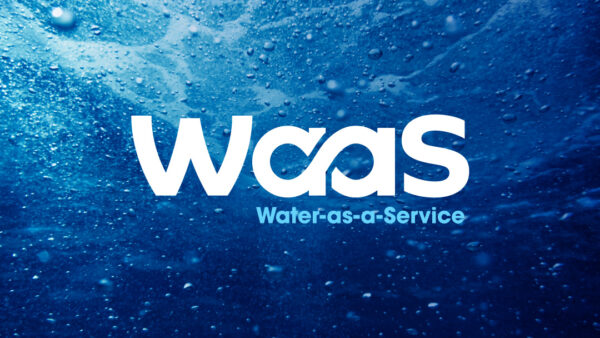
Water-as-a-Service (WaaS) is een service op maat van bedrijven. Ze krijgen de zekerheid dat er permanent water is van optimale kwaliteit én geproduceerd op een duurzame manier. Dat garanderen we door innovatieve technologie en alternatieve waterbronnen ter plaatse bij hen te combineren. De kostprijs ligt lager dan bij conventionele watervoorziening. Bovendien betalen ze voor Water-as-a-Service (WaaS) alleen maar het waterverbruik per liter. WaaS ontzorgt onze klanten totaal.
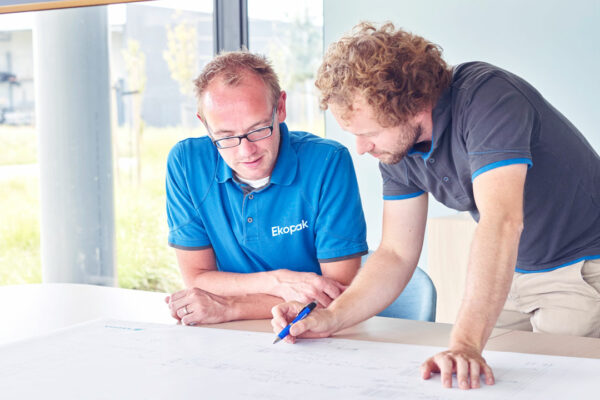
We kunnen bij Ekopak onze verantwoordelijkheid alleen maar nemen en waarmaken als we over de juiste technieken beschikken. Daarom hebben we voortdurend oog voor technologische innovatie. Onze ingenieurs analyseren bij klanten elk project afzonderlijk en ontwikkelen een oplossing en service op maat. Ervaren technische teams installeren de apparatuur ter plaatse. Deze geïntegreerde werkwijze zorgt voor duurzame en kosteneffectieve oplossingen. Dankzij een constante monitoring en uitgebreide support houden we de bedrijfszekerheid ervan 24/7 op peil.
Investor Relations

Nieuws

Investor Relations
